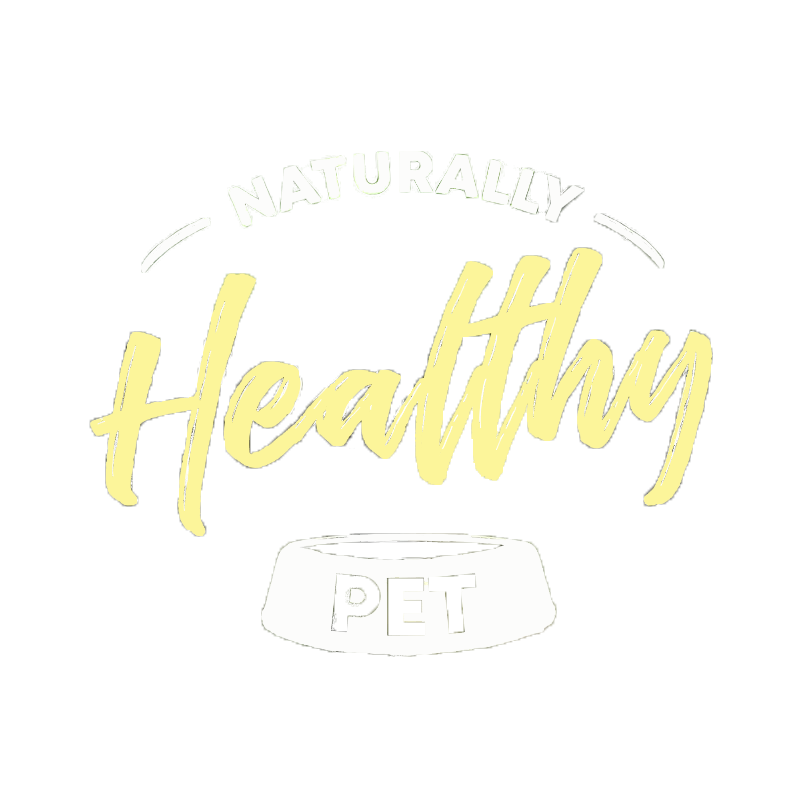The definition of carnivore is: “an organism that derives its energy and nutrient requirements from a diet consisting mainly or exclusively of animal tissue, whether through predation or scavenging. Animals that depend solely on animal flesh for their nutrient requirements are considered obligate carnivores while those that also consume non-animal food are considered facultative carnivores.”
There is a wide range in each classification, with herbivore coming right round to carnivore, until they meet, and actually cross over, and there are animals near the border of each classification in nature that do not strictly fit, such as deer that also eat birds, and wolves and wild dogs that eat berries, herbs, stomach content of prey etc.
Dogs are not obligate carnivores, like cats, and as a man-made species, have ‘adapted’ somewhat as scavengers, and such adaptations can make huge differences.
Even though they have adapted to survive as scavengers, we want them to thrive, not just survive, therefore according to their biological needs, and the type of digestive system they have, they require high quality fats, high quality protein, rawbone and can access some goodness from up to about 5-10% veg if prepared in the right way to break down the cell wall which, as ‘adapted’ carnivores they cannot efficiently totally do themselves. Fur and feathers also are beneficial when included in the diet.
Dogs do not require, or have the ability to easily digest, or assimilate nutritional goodness from carbohydrates, and many dogs have health issues triggered if fed grains like corn and wheat because their digestive system is not designed to have grains [unless in a partially digested and fermented form in the stomach of their prey] and they do not therefore have the right enzymes produced in the right amounts or areas of the body which omnivores do to efficiently digest them, which causes stress to the gut and therefore lowers the immune system, resulting in them suffering with inflammation, weight issues and diabetes to name a few if fed them.
There are a few breeds, such as the Border Collie, and Greyhounds, who have adapted to manage very well with the addition of some specific carbohydrates, but this is Not a free pass to all carbs and they will still not do well on a mainly carbohydrate diet, which of course will also be cooked, meaning much natural nutritional value has been lost and/or denatured, and this doesnot mean that they all ‘need’ carbs in their diet.
Health issues believed to be as a direct result of malnutrition include such issuesas Distemper, Joint Dysplasia [believed to be a form of scurvy] and feline Leukaemia and kidney issues, these and many other conditions improve markedly, and even disappear on a natural, raw diet.
If, like many, you cannot feed organic, grass fed to your dogs, then the best diet you can give is going to be as follows, but you’ll notice the percentages vary, as dogs are individuals and different breeds can have different needs, and some do better on less bone, and some on more,and the same with tripe and veg:
75-80% muscle meat
10-15% bone
10% organ meat
Plus the equivalent of another 5-10% on top of suitable fruit/herb/veg/seaweed (see above to know which amount is suitable for the diet you feed).
Heart is very nutrient-dense, and so it is recommended you feed only between 3-5% at a time. If in doubt, think about how much of a % of the body mass of the whole animal it came from it is likely to be and let that be your guide.
The odd raw egg mixed in with a meal 2-3 times a week. Oily fish should make up 2-3 meals a wk, and even better if you can include a few whole sprats or other small oily fish in the daily food.
A range of meats needs to be used to ensure adequate nutritional coverage, we recommend at least 5 different proteins be fed over the course of a week or two.
Ideally: beef/lamb/rabbit/turkey/chicken/fish/game/duck. You can use both minced/ground meat, as well as chunks, and some whole prey – the more chunks and whole prey, the better.
– Ideally fruit/veg would be the equivalent amount of 5-10% raw or lightly steamed pulped veg (amount dependent on the type of diet you feed). Fruit & veg are beneficial for your dog, providing valuable extra nutritional balance and support as well as extra antioxidants. We highly recommend SmartBarf as a well-researched dehydrated Fruit/Herb/Veg+ Supplement for your dog which can easily be re-hydrated and fed and which many dogs who do not like veg still enjoy.
Suitable Fruit/Veg: seaweed, lettuce, parsley, celery, beet tops, turnip tops, kale, chard, squash, carrots, cilantro, dandelion, tomato; apple, pear, banana, watermelon, berries, yams, red/yellow peppers, sweet potato, papaya, nettle, broccoli, spinach [in small amounts], cucumber is good, but some dogs struggle to digest the skin so be aware of that.
Fruit/Veg to Avoid: beans, turnip, sprouts, onion, peppers, large amounts of spinach, potato, avocado pits, raisins, grapes, beansprouts, rhubarb
Root veg contain high amounts of starchy sugars which can cause yeast issues and weight gain. Too much spinach can interfere with thyroid function. The most important thing with everything in a raw diet is variety’ – don’t over-do it on any one thing.
Supplements can be beneficial and we discuss specific ones which may help dependent on your pets individual needs.
In this day & age we do need to look at not just what our pets digestive system is designed to have, but also the amount of toxins in the car fumes [at most pets head level] and toxins in the air etc. and so do not have any chemicals in the home at all, and understand that supplements can make a difference and be just as beneficial for them as for us, even if you are able to feed grass fed, organic whole prey.
Many adult dogs can further be dropped down to just 1 meal per day, which is further beneficial to their health as it allows their stomach acid to be at full strength for a longer time, thus working to prevent internal parasite issues, and keep them healthy and free from possible bacterial issues.
* Please check with whoever supplies your minced meat whether it has bone included in it and the % of bone as this will affect how you workout your ratio’s. This is VERY important as all suppliers are Not the same,
and bone % can vary from Nil right up to 50%, so if yours is higher and you are working on the assumption it is lower this will cause constipation for your dog which is uncomfortable for them and can be serious if left. If you are unsure, find out the % direct from the Supplier.
General Added supplements Raw egg a few times a week.
Adjustments to suit health and individual needs.
An animal who is ill, in recovery or pregnant will need more food, but this needs to be governed so as not to unduly stress organs.
Do not feel your dog might need some ‘fiber’ to help it be ‘regular’ –this is a myth – ‘regularity’ for people and dogs, is achieved by consuming the right amounts of good fats, and not vast quantities of carbs.
To work out how much food to feed your dog, you will need to know his/her current weight, then decide which amount is suitable to his/her needs.
Adults (18mth+): 1.5-2% – for weight loss/ less active animals
2-2.5% – to maintain current weight
3-3.5% -for weight gain
4-8% – pregnant/lactating bitches
Puppies: Feeding amounts for puppies are different so please contact us with your puppy’s weight and age for help here.
Puppies will usually self regulate with their food, and are all individuals with different energy levels, so all amounts are only an approximate guide and some will appear more hungry, and some will appear less hungry, and cut themselves back food wise as they are ready, so you should mainly feed to your puppies appetite being aware that your puppy’s self-regulating of food may be affected by previous food experience (welfare cases who were starved) or the perceived threat of other dogs in the house wanting their food.
Quantities To Feed Your Dog
One of the fun things that starts upon changing your dog to a raw diet, is poop-watching! This is not as bad as you might think, because on a balanced raw diet, once settled, dog poop is much less in quantity, well formed, firm and easy to clean up, barely leaving a residue; but it IS quite important, Very important when in the transitional stage, as it is a Very accurate marker as to whether you have got the bone content right or need to tweak it:
hard/white/crumbly/difficult to pass = too much bone
soft/no shape or form/sloppy = not enough bone
Whether you choose to feed 1 or 2 meals a day will depend on your dogs age and individual needs.
Fasting
It is beneficial for dogs to be fasted occasionally as this gives the gut a rest and is normal for a carnivore, as mentioned above.
Cats must NEVER be fasted – it is very dangerous for them – they are obligate carnivores and not the same as dogs.
Beef should always be frozen for at least 24hrs before being fed, Fish for 3-4 days, simplest thing is to just freeze everything before feeding then you don’t need to worry about what you do, and what you don’t, or buy a DEFRA Licensed brand which is already frozen.





